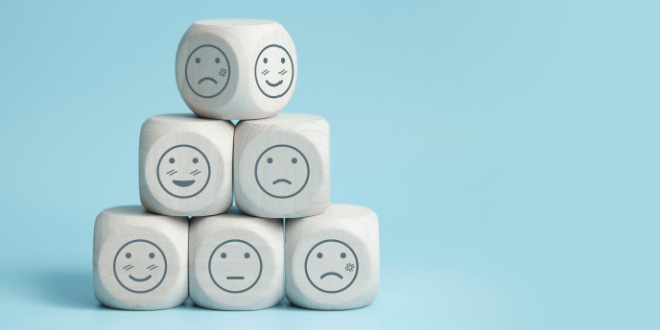Using data from GambleAware, the relationship between mental health and gambling harms has shown new and revealing links between mental health and betting.
Studies by Alma Economics – which used the gambling harm education group’s, Annual GB Treatment and Support Survey.1 – found that there is a ‘significant link’ between higher rates of gambling harms and worse mental health.
It showed that a one unit increase in Problem Gambling Severity Index (PGSI) 2 score increased the probability of someone having a diagnosed mental health condition by 3%.
For example, the group detailed, an individual with a PGSI score of zero has a 22% probability of having a mental health diagnosis, while an individual with a PGSI score of eight has a 41% probability of having a mental health condition.
GambleAware Chief Executive, Zoë Osmond, said: “The relationship between gambling and mental health is significant for medical practitioners and gambling support organisations, as it can influence the type of treatment and support that is best suited for each individual.
“Depending on the underlying mental health condition, different types of support may be necessary to help those who use gambling as a form of self-harm or a calming mechanism.
“Our findings suggest that gambling harms not only affect the individual, but also the mental health of those around them. Therefore, practitioners and support groups should encourage and provide mental health support for affected others as well.”
Furthermore, the research also found that almost half of those experiencing the most serious gambling harms (classified as PGSI 8+) are likely to have a severe mental health disorder, compared to 16% of people who don’t gamble.
Other findings include that people at risk of gambling harms, classified as being in the PGSI 1+ category, are four times more likely than non-gamblers to experience suicidal thoughts.
People classified as experiencing gambling problems on the Problem Gambling Severity Index (PGSI 8+) were also found to be more likely to have been diagnosed with an anger disorder or ADHD3.
It was explained that individuals who are classified as PGSI 8+ were found to make up about 2.7% of the total population but account for an estimated 26% of those with an anger disorder, with 15% of those with ADHD.
“We are pleased to share the findings from this research,” added Nick Spyropoulos, Managing Director of Alma Economics. “Research into the links between gambling harms and mental health has not been done in this depth, so we are pleased to increase the knowledge base.
“This research can help us learn more about the link between gambling harms and poor mental health and what can be done to help people receive the support they need going forward.”
Overall, the group concluded that it is likely that the relationship between mental health and gambling ‘runs both ways’, where poor mental health can encourage increased riskier gambling, while harmful gambling can also impact individuals’ mental health.
However, it is difficult to isolate the impact of one on the other to examine causality in more detail.
GambleAware has stated that it will be commissioning more research in future to try and find out more about the connection between poor mental health and riskier gambling.









